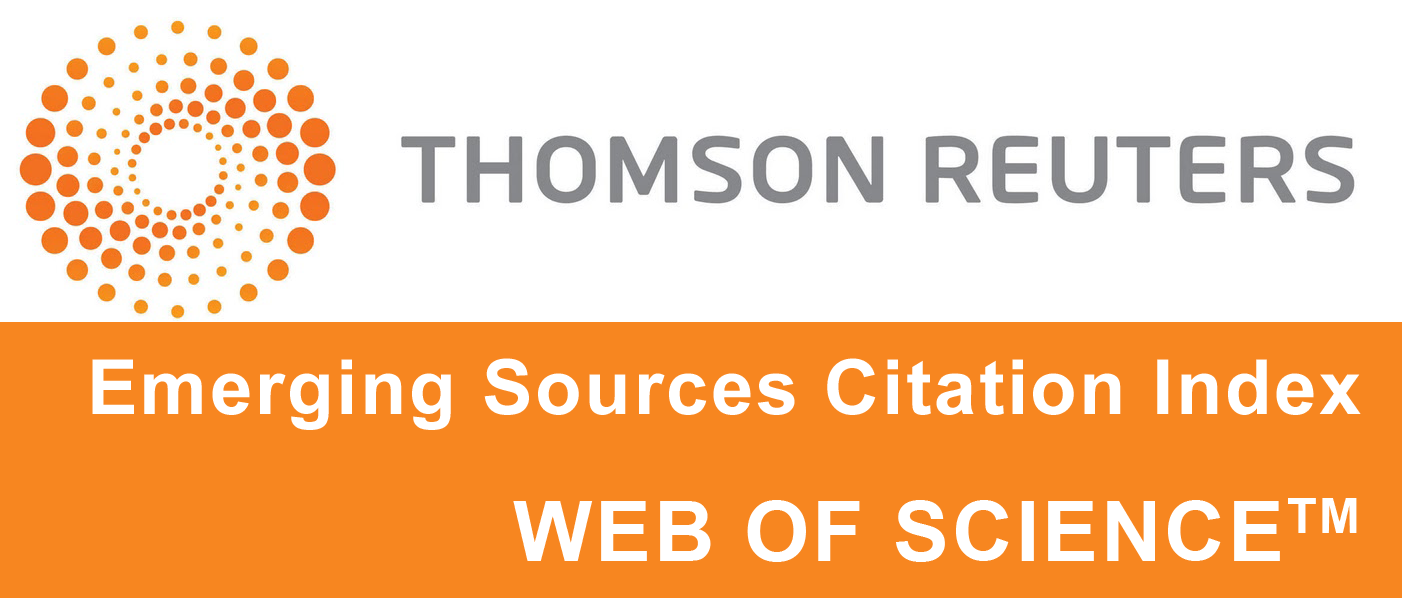What Made the Masses Revolutionary?: Ignorance, Character, and Class in Teodoro Agoncillo’s The Revolt of the Masses
Filomeno V. Aguilar Jr.: Ateneo de Manila University
DOI: https://dx.doi.org/Abstract
Regarded as a classic in Philippine historiography, Teodoro Agoncillo’s The Revolt of the Masses published in 1956 is examined to understand the author’s explanation of what made “the masses” revolutionary. The study finds a profound incoherence: Agoncillo posited literacy and political consciousness in explaining the explosion in the Katipunan’s membership, but throughout the book the dominant characterization of the masses was one of ignorance, gullibility, impulsiveness, irrationality, and treachery. The study explains this contradiction in light of Agoncillo’s blending of literature and history, the educated elite’s unquestioned assumptions about ignorance, and the ethos of the postwar “proletarian” writer.
KEYWORDS: THE MASSES • PHILIPPINE REVOLUTION • HISTORIOGRAPHY • LITERATURE • CLASS ANALYSIS • EDUCATION











